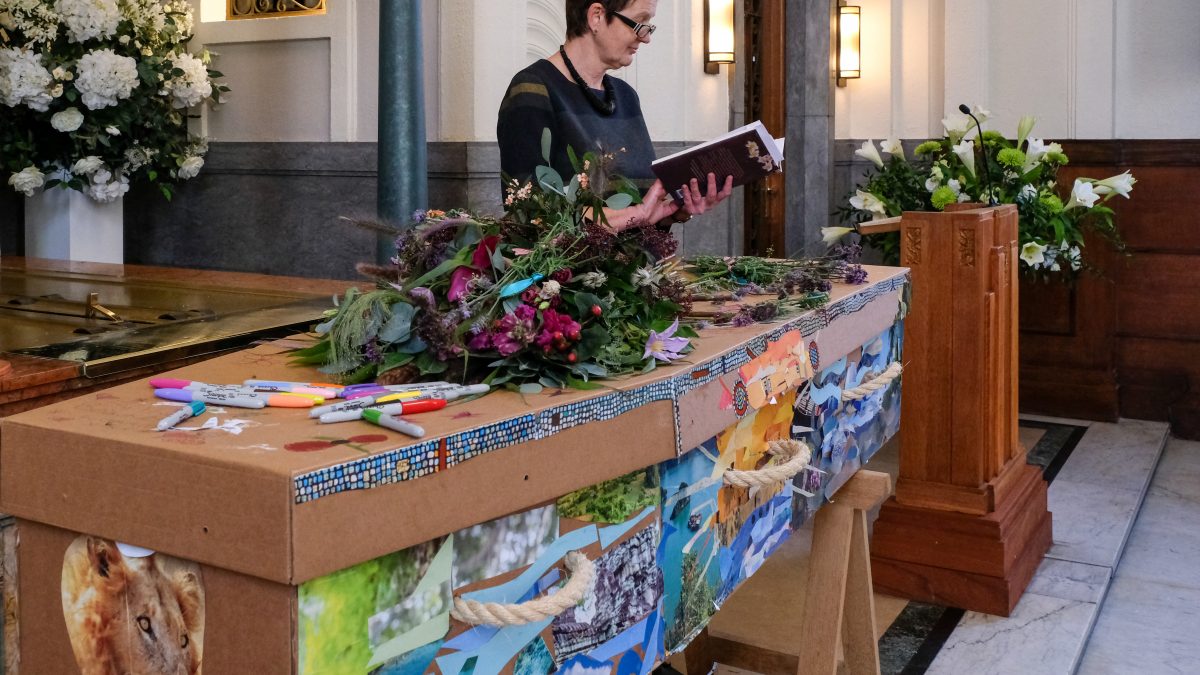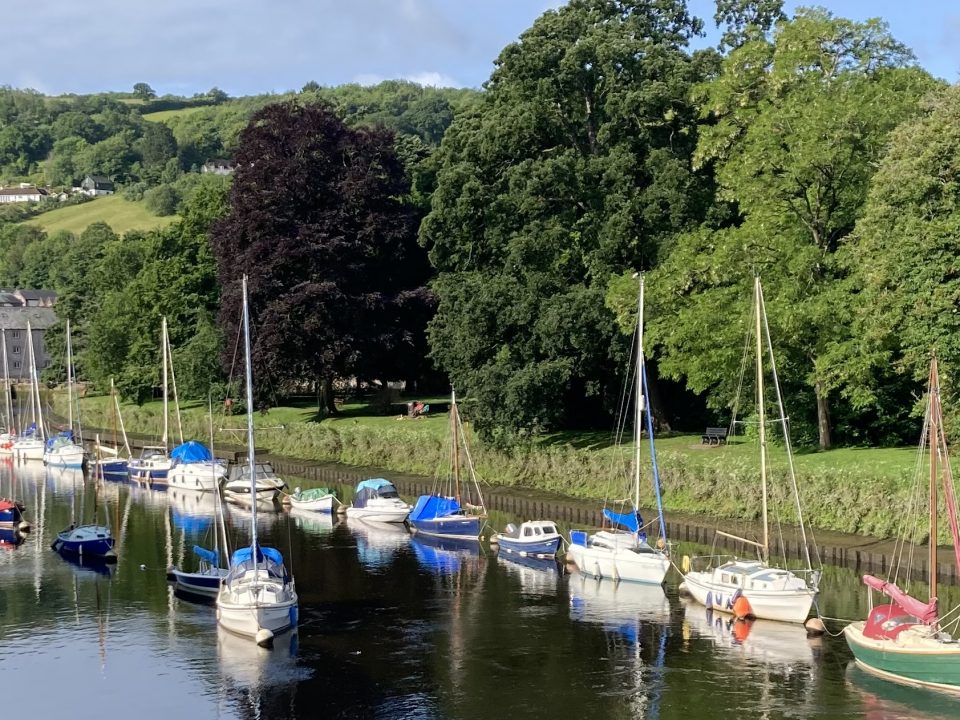Why make a Living Will?

A friend asked me to be his Next Of Kin the other day as he was about to embark on an adventure,
“in case anything untoward happens to me”. “Yes” I said, “as long as you complete an Advance
Decision document so I know what you want to happen in the event of your being incapacitated and
unable to make decisions for yourself.” That made him knit his eyebrows in puzzlement.
An Advance Decision, also known as a Living Will, is a declaration that allows you to refuse specific
medical treatments in advance, should you become unable to communicate your wishes in the
future. If correctly put together this document can be legally binding under the Mental Capacity Act
2005 and represents a fundamental right to self-determination in healthcare. It must be specific
about which treatments are being refused and under what circumstances, written, signed, and
witnessed. Regular reviews ensure the document remains current and reflects any changes in
personal circumstances or medical understanding.
Without this document, medical professionals must make treatment decisions based on what they
believe to be in the patient’s best interests, which may not align with the individual’s values or
wishes. This can lead to unwanted life-prolonging treatments that conflict with one’s beliefs about
quality of life or dignity in death.
Family members are spared the emotional burden of making difficult medical decisions, as the
person’s wishes are clearly documented. This reduces family conflict and ensures that healthcare
professionals have clear guidance during critical moments, for example on attempted resuscitation or
the use of life sustaining procedures where there has been catastrophic brain damage.
In order to support our local community with how to start making a Living Will, I’ll be hosting two special free workshop sessions during our ‘Dying Conversations’ meetings at the Moor Imagination Centre, in November 2025, and January 2026. Open to all – please come and join us and drop me a line beforehand with any questions.
Thursday 27th Nov 2025, 6.30pm: https://www.eventbrite.co.uk/e/dying-conversations-november-2025-tickets-1963250343627?aff=oddtdtcreator
Thursday 29th January 2026, 6.30pm: https://www.eventbrite.co.uk/e/dying-conversations-january-2026-tickets-1972659690236?aff=oddtdtcreator
Simon Smith, Heart & Soul Funerals, Buckfastleigh.
simon@heartandsoulfunerals.co.uk 01364 643522




